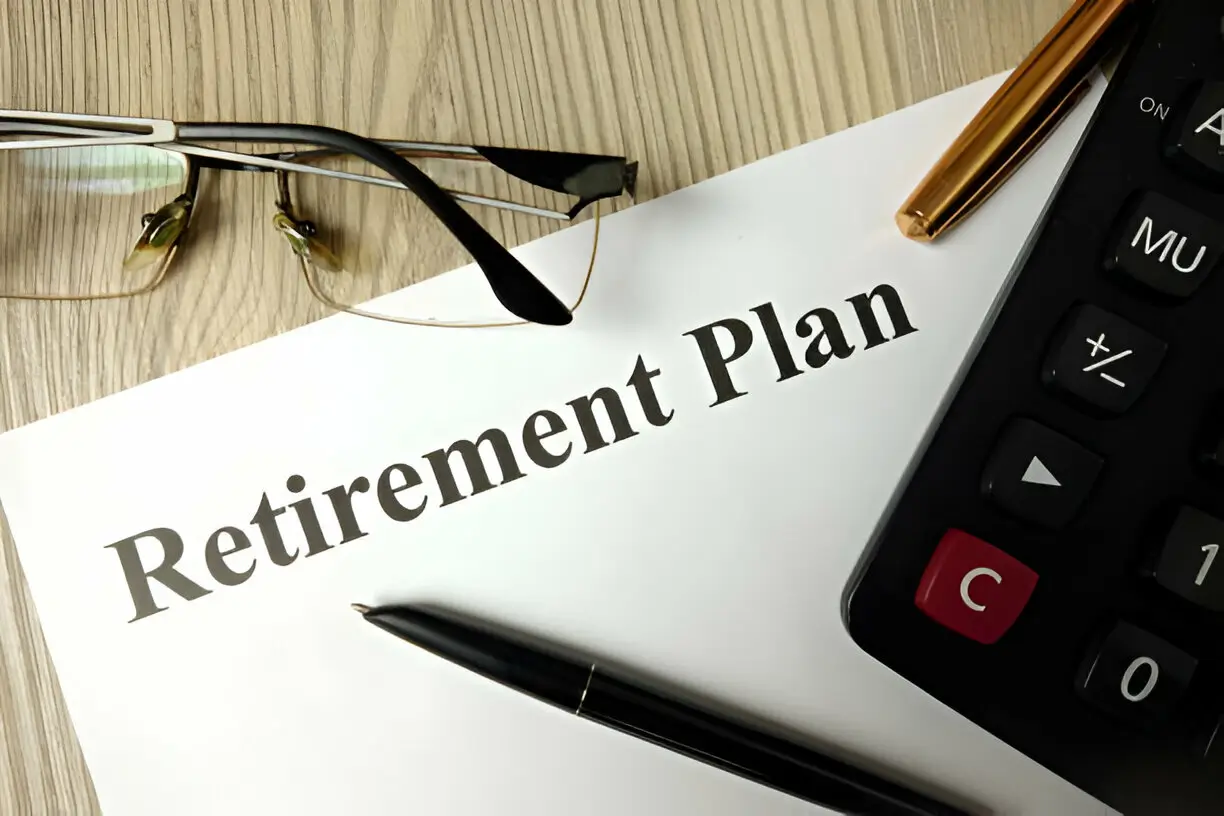How to Protect Your Finances During a Recession
Recession can be a scary word, but protecting your finances doesn’t have to be. Want to know the secrets to keeping your wallet safe during an economic downturn? This guide will give you practical tips to weather the storm. Ready to recession-proof your finances? Let’s dive in and secure your financial future!
Understanding a Recession
A recession occurs when there’s a significant decline in economic activity across the economy, lasting more than a few months. It’s usually visible in GDP, employment rates, and consumer spending. During a recession, businesses may close, jobs may be lost, and financial markets can be volatile. Understanding the dynamics of a recession is the first step in protecting your finances.
The Impact of a Recession on Personal Finances
Recessions can affect personal finances in various ways. You might face job loss, reduced income, or diminished investment returns. Let’s break down the primary areas where a recession can hit hard:
Employment and Income
During a recession, companies often cut costs by laying off employees or reducing hours. This can lead to a significant drop in household income. It’s crucial to have a plan in place for such scenarios.
Investments and Savings
Stock markets can be highly volatile during recessions. Investments may lose value, and savings can deplete faster if you’re drawing on them to cover expenses. Diversifying your investment portfolio can mitigate some risks.
Debt and Credit
Managing debt becomes more challenging when income is unstable. High-interest debts, like credit cards, can quickly become unmanageable. It’s essential to have a strategy for handling debt during tough economic times.
Strategies to Protect Your Finances
Now that we understand the potential impacts, let’s explore actionable strategies to safeguard your finances during a recession.
Build an Emergency Fund
An emergency fund is your financial safety net. Aim to save three to six months’ worth of living expenses. This fund can cover essential costs like rent, utilities, and groceries if your income drops suddenly.
Diversify Your Income
Relying on a single source of income can be risky during a recession. Consider side gigs, freelance work, or part-time jobs to diversify your income streams. Having multiple income sources can provide a buffer if one stream dries up.
Reduce Unnecessary Expenses
Take a close look at your monthly expenses and identify areas where you can cut back. Cancel unused subscriptions, dine out less often, and shop for deals. Reducing unnecessary spending can free up funds for more critical needs.
Manage Debt Wisely
If you have high-interest debt, prioritize paying it off. Consider consolidating your debts into a lower-interest loan. Keeping your debt under control is vital to maintaining financial stability.
Continue Investing Wisely
While it might be tempting to pull out of the stock market during a recession, staying invested can be beneficial in the long run. Diversify your portfolio to spread risk and consider investing in recession-resistant industries.
Real-Life Example: Sarah’s Financial Makeover
Sarah, a marketing executive, faced a significant challenge during the last recession. Here’s how she protected her finances:
Emergency Fund
Sarah had an emergency fund covering six months of expenses. When she was laid off, this fund helped her manage essential costs without going into debt.
Freelance Work
Sarah started freelance consulting in her industry, which diversified her income. This side gig became a reliable income source and even led to new job opportunities.
Expense Reduction
She cut unnecessary expenses, like gym memberships and dining out, which saved her hundreds of dollars each month. This allowed her to stretch her emergency fund further.
Debt Management
Sarah focused on paying off her credit card debt. She used a debt consolidation loan to reduce her interest rates, making her monthly payments more manageable.
Investment Strategy
Despite market volatility, Sarah continued to invest in a diversified portfolio. Over time, her investments recovered and grew, demonstrating the importance of staying the course.
Recession-Proof Financial Habits
Adopting sound financial habits can help you stay resilient during a recession. Here are some habits to develop:
Budgeting
Create and stick to a monthly budget. Track your income and expenses to ensure you’re living within your means and saving where possible.
Regular Saving
Make saving a priority. Automate your savings to ensure a portion of your income goes into your emergency fund and retirement accounts regularly.
Smart Spending
Be mindful of your spending habits. Focus on needs rather than wants and look for ways to save on everyday expenses.
Continuous Learning
Stay informed about financial planning and investment strategies. The more you know, the better you can protect your finances during economic downturns.
Preparing for the Next Recession
While it’s impossible to predict exactly when the next recession will occur, being prepared is your best defense. Here’s how to get ready:
Stay Informed
Keep an eye on economic indicators and news. Understanding economic trends can help you anticipate potential downturns and adjust your strategies accordingly.
Maintain Financial Discipline
Stick to your budgeting, saving, and investing habits even during good economic times. Building these habits now will make it easier to maintain them during a recession.
Keep Skills Updated
Invest in your education and skills. Staying competitive in the job market can provide more opportunities and security during economic downturns.
FAQs
What is a recession?
A recession is a period of significant economic decline, lasting more than a few months, and is evident in GDP, employment rates, and consumer spending.
How can I protect my income during a recession?
Diversify your income streams by exploring side gigs, freelance work, or part-time jobs. Maintaining multiple income sources can provide financial stability.
Should I stop investing during a recession?
No, it’s generally better to stay invested and maintain a diversified portfolio. Market downturns can be opportunities for long-term growth if you continue to invest wisely.
How much should I save in an emergency fund?
Aim to save three to six months’ worth of living expenses. This fund can cover essential costs if your income drops suddenly during a recession.
What steps can I take to manage debt during a recession?
Prioritize paying off high-interest debt and consider consolidating debts into a lower-interest loan. Managing debt wisely is crucial for financial stability.
Understanding and preparing for a recession can significantly improve your financial resilience. By building an emergency fund, diversifying your income, reducing unnecessary expenses, managing debt, and continuing to invest wisely, you can protect your finances during tough economic times. Adopting sound financial habits and staying informed will help you navigate any recession with confidence.






